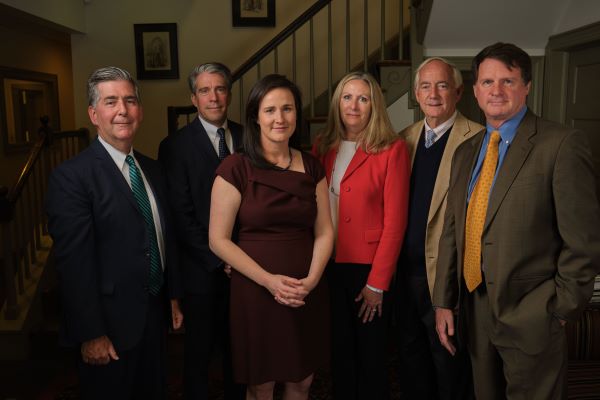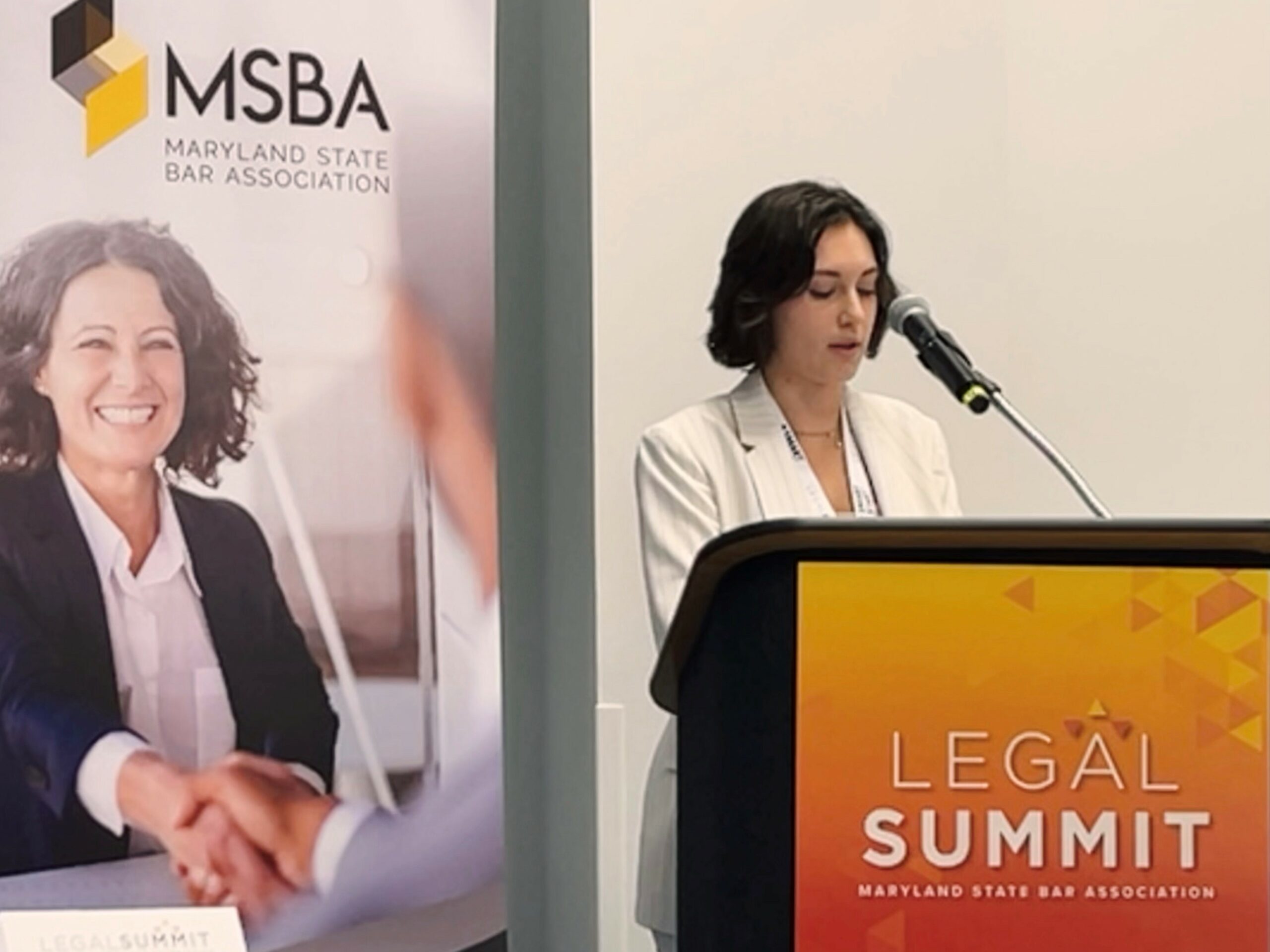 Wasting (almost) no time and as a direct response to South Dakota v. Wayfair, the Maryland Comptroller of the Treasury has presented proposed regulations to enforce the state’s sales tax collection requirement to out-of-state sellers, irrespective of whether those sellers have a physical presence in Maryland.
Wasting (almost) no time and as a direct response to South Dakota v. Wayfair, the Maryland Comptroller of the Treasury has presented proposed regulations to enforce the state’s sales tax collection requirement to out-of-state sellers, irrespective of whether those sellers have a physical presence in Maryland.
In a prior article, I detailed how the U.S. Supreme Court reversed almost 50 years of precedent relating to state sales and use tax law. Indeed, with the stroke of Justice Anthony Kennedy’s pen, Wayfair lifted a key restriction in response to a twenty-first century problem – namely, how to capture sales tax revenue from our increasing dependency on online shopping. In this regard, Wayfair has provided a bright-line rule (at least until Congress decides to weigh in) – actual, physical presence in the taxing state is no longer the standard or required.
Many States Changing Sales Tax Regulations
In the wake of Wayfair, many state tax laws and regulations (including those in Maryland) which had modeled their sales tax laws after the physical presence requirement immediately became outdated. Now, those states have the green light to expand their tax base to include revenues from beyond their borders. Some states may take a conservative stance and promulgate laws identical or similar to South Dakota’s which required out-of-state sellers to collect the state’s sales tax if such seller has, within one year, over $100,000.00 of gross revenue from sales delivered to the state, or 200 or more separate sales delivered to the state; while other states may be more aggressive. Maryland is among the first states to take the plunge and has taken the conservative approach.
Maryland Proposed Sales Tax Regulations
Maryland’s proposed regulation is identical to the minimum requirements set forth by South Dakota. Specifically, the Comptroller has proposed expanding the definition for an “out-of-state vendor” that is required to collect Maryland sales tax to include such vendors that have, within one year, over $100,000.00 of gross revenue from sales delivered to Maryland, or 200 or more separate sales delivered to Maryland. In short, any out-of-state vendors meeting either of these thresholds will be deemed to have the requisite “substantial nexus” with Maryland. If approved, the new Maryland sales tax regulations go into effect beginning October 1, 2018. Click the download attachment link below to view the proposed Maryland sales and use tax code.
What Online Retailers Should Do
Out-of-state sellers delivering goods or services to Maryland residents or businesses need to be aware of this development and any other State sales tax regulations that may arise in the future. October 1 is approaching, and if the regulation is approved, businesses will find themselves with compliance issues thrust upon them. Any out-of-state businesses that are concerned with how this potential regulation will affect them (or any in-state businesses concerned with other states’ proposed laws/regulations) need to consider meeting with a tax professional to discuss the applicability and compliance of these laws/regulations on their operations. Maryland is among the first dominoes to fall in response to Wayfair. However, more states may soon follow and businesses need to be cognizant of new developments in any state where they deliver goods or provide services.
Indeed, unless Congress exercises its authority under the Commerce Clause to enact legislation to address these sales tax base expansions, it is only a matter of time before states start pushing the envelope on the substantial nexus requirement for how much contact a business needs to have in a particular state to expose it to that state’s taxing authority. Until that time, businesses need to monitor and comply with any new laws, or risk facing assessment or audit.
Chris Young is an associate in the Business & Tax practice at Miller, Miller & Canby. He focuses his practice on tax controversy work and helping clients deal with new tax regulations. He may be reached at 301-762-5212 or at clyoung@mmcanby.com. View more information about Miller, Miller & Canby's Business & Tax practice by clicking here.







Share this Article: